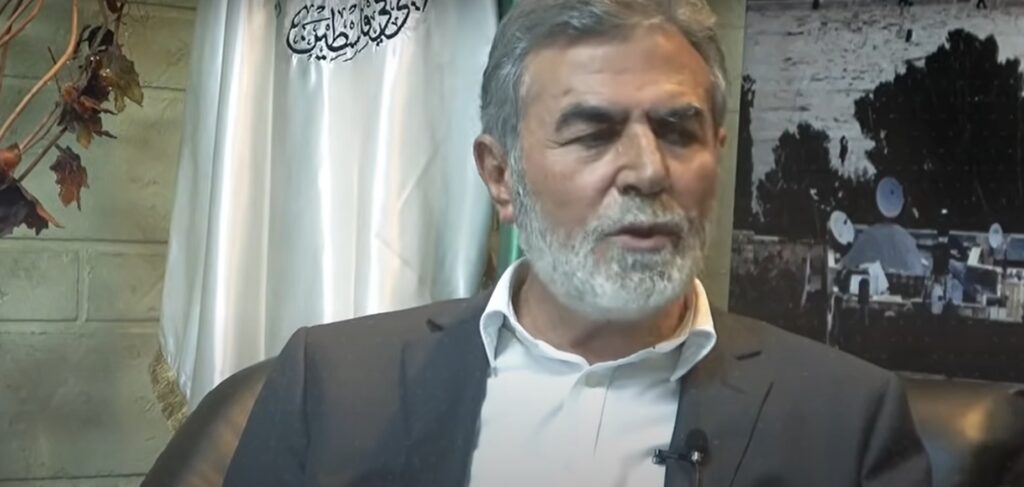Israeli security officials point out a misconception by Hamas and Islamic Jihad regarding the ongoing prisoner exchange deal and the four-day ceasefire.
According to them, Hamas and Islamic Jihad believe they have gained the upper hand in the conflict due to the halt in the Israeli attack’s momentum, presuming that Israel will face challenges in resuming the campaign after the ceasefire concludes.
Hamas and Islamic Jihad aim to prolong the conflict by presenting “temptations” through the release of additional hostages, predominantly civilians, using a method they term the “Salami method.”
Simultaneously, captured IDF soldiers will be held until the end of the war.
These moves will be coupled with intense pressure from Arab countries and the international community on Israel.
Ziyad Al-Nachala, the Secretary General of the Islamic Jihad, expressed these intentions, stating that Palestinian factions would compel Israel to release all security prisoners based on the “all for all” formula.
Additionally, he hinted at imposing political conditions on Israel, promising “new horizons for the Palestinian people.”
Hamas insists that the release of all Israeli abductees is contingent on Israel agreeing to guarantees to lift the blockade imposed on the Gaza Strip since 2007 and permitting the establishment of a seaport.
In response, Israeli security officials assert that Hamas and Islamic Jihad leaders abroad are out of touch with the reality on the ground in Gaza.
They emphasize that the IDF’s goals, as approved by the Cabinet, remain unchanged: to overthrow Hamas’s rule, destroy its military infrastructure, and secure the release of all abductees.
Fatah movement sources in Gaza reveal that the military wing of Hamas currently makes decisions within the movement, including political ones, given their frontline role against the IDF.
The power of senior Hamas officials in Qatar and Lebanon is noted to have diminished.
Despite the current ceasefire and the provision of fuel and humanitarian aid as part of the prisoner exchange deal, Israeli security officials believe that these concessions provide Hamas’s military wing with the breathing space to continue fighting for at least two more month.




